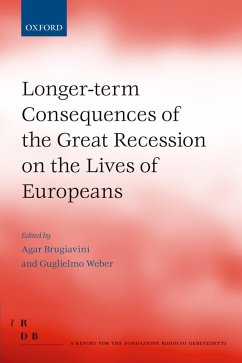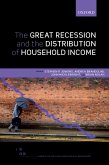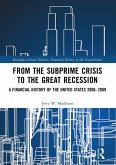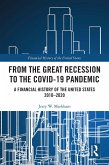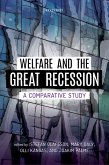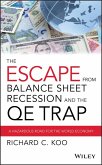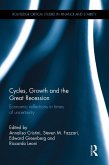The great recession is changing the way many people live and the way they perceive their prospects for the near and more distant future. Its longer term consequences will not be known for some time, but something can be learned from the effect on individuals and households who experienced financial hardship. This volume is the first to use innovative survey data on the lives of Europeans to investigate the long term impact of financial hardship on earnings, standards of living, and health. The data provide a detailed account of the key events that have taken place over the course of the recession. It compares the well-being of individuals who were lucky to escape negative shocks to their income or their circumstances to the less fortunate who may have lost their job, faced divorce, or serious illness. The wide array of welfare state and social support provisions across different European countries adds an important policy angle to the analysis: has the welfare state, currently under heavy pressure, been able to provide an adequate safety net in the face of extended periods of financial difficulties, or has the family instead proven the ultimate source of support in difficult times?
Dieser Download kann aus rechtlichen Gründen nur mit Rechnungsadresse in A, B, BG, CY, CZ, D, DK, EW, E, FIN, F, GR, HR, H, IRL, I, LT, L, LR, M, NL, PL, P, R, S, SLO, SK ausgeliefert werden.

